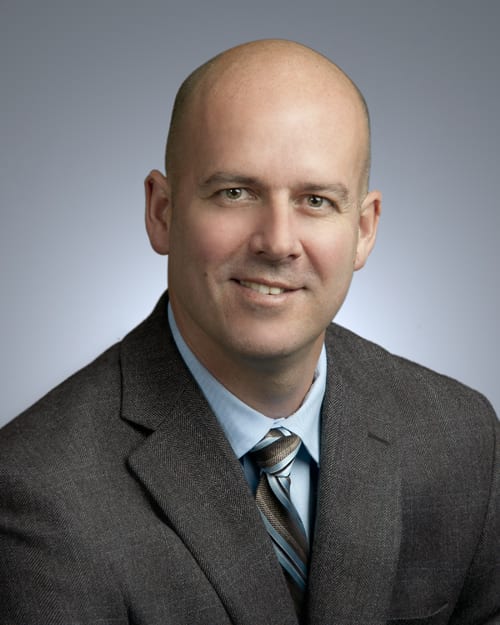From corner office to making a difference in Ghana

Would you ever quit a job as vice-president of corporate development for a publicly-listed Canadian company? That’s exactly what Schulich Associate Professor Geoffrey Kistruck did 15 years ago. He returned to school to finish his PhD, focusing on how businesses can contribute to solving some of society’s most pressing problems.
Present day, as principal investigator of the Social Impact Research Lab (SIRlab) housed at the Schulich School of Business, Kistruck focuses solely on poverty-related challenges that are both practically relevant and theoretically interesting.
This past year, Kistruck and his team assisted five organizations in Ghana as collaborators. These organizations were facing a number of different challenges such as mitigating conflict in newly formed producer cooperatives, improving the psychometric screening for an entrepreneurship business plan competition, and designing salesperson training for distributing a nutritional product.
For each project that SIRlab undertakes, Kistruck forms a research team that consists of at least one senior scholar and one junior scholar from a developed country context, one local scholar from a developing country context, and a representative from the poverty-focused organization. The team then spends approximately two weeks within the field interviewing organizational staff, community members, and other relevant stakeholders to gain multiple perspectives on the business problem. These field insights are then combined with current academic theory to help design a potential solution, and an implementation plan for the field experiment, or ‘pilot’, is created. Baseline measures are collected and the study participants are randomly assigned to either a ‘treatment’ or a ‘control’ group – the treatment group will experiment with the proposed solution, while the control group will continue to operate using the status quo. Upon completion of a pre-defined treatment period, post-hoc measures are collected and the quantitative data is analyzed.
“The team also returns to the field to conduct follow-up interviews to gain greater insight into the findings of the experiment. The final output of the study consists of both a practitioner report to the poverty-focused organization, as well as a manuscript to be submitted for academic publication,” Kistruck says.
SIRlab intends to expand their initiative into Peru in 2016, and then Tanzania in 2017.